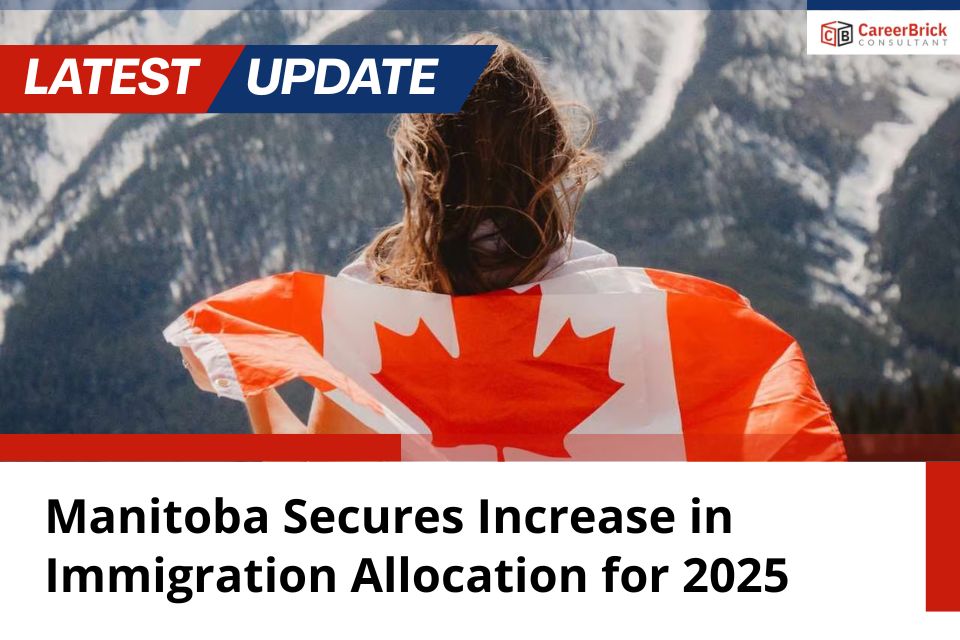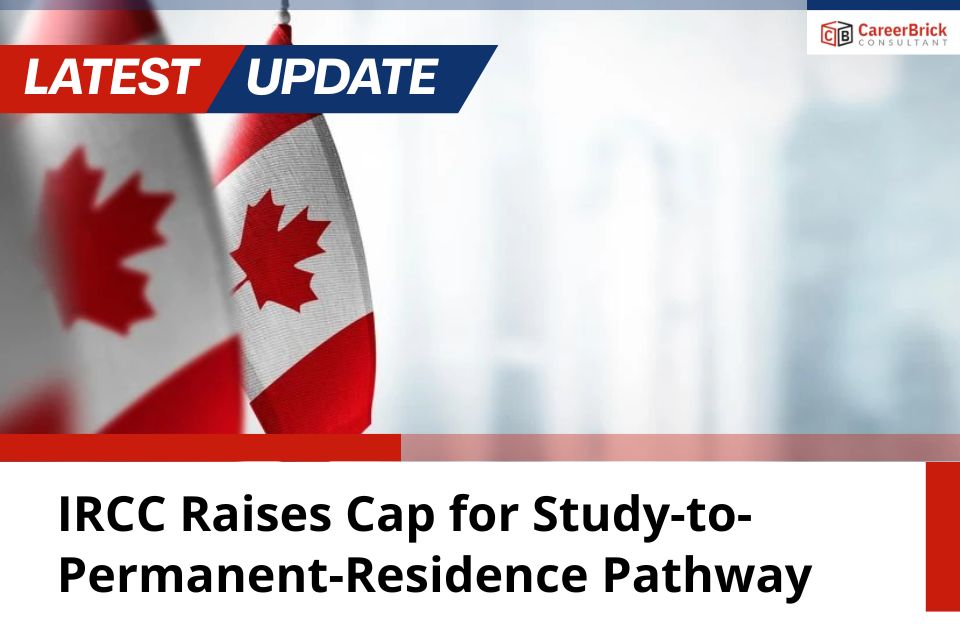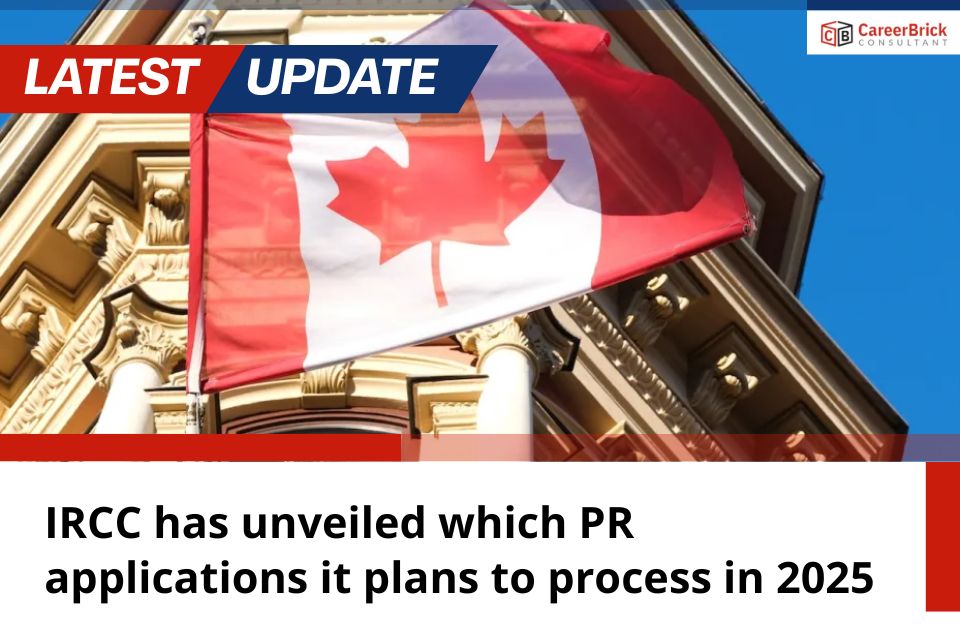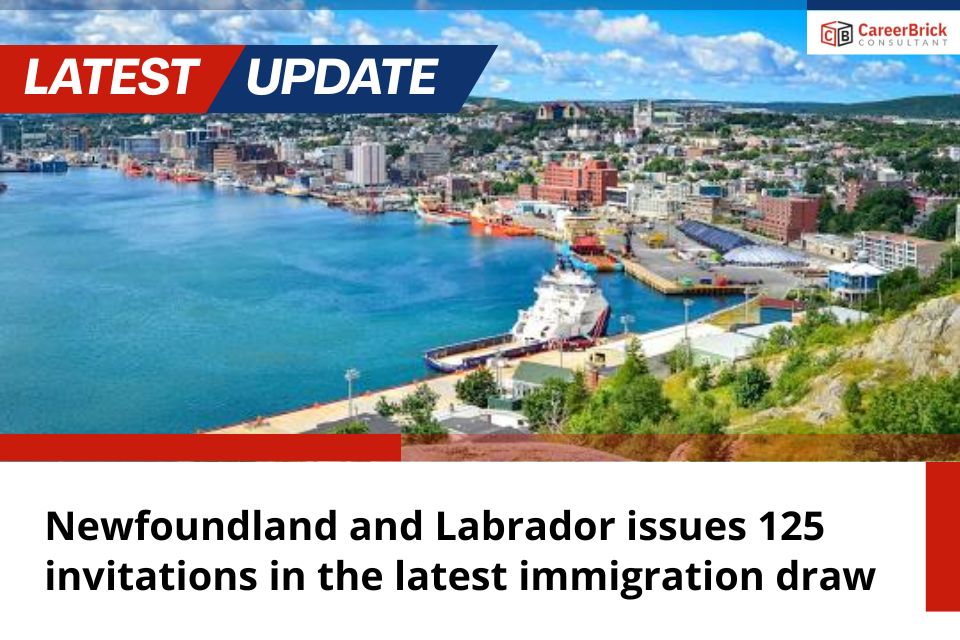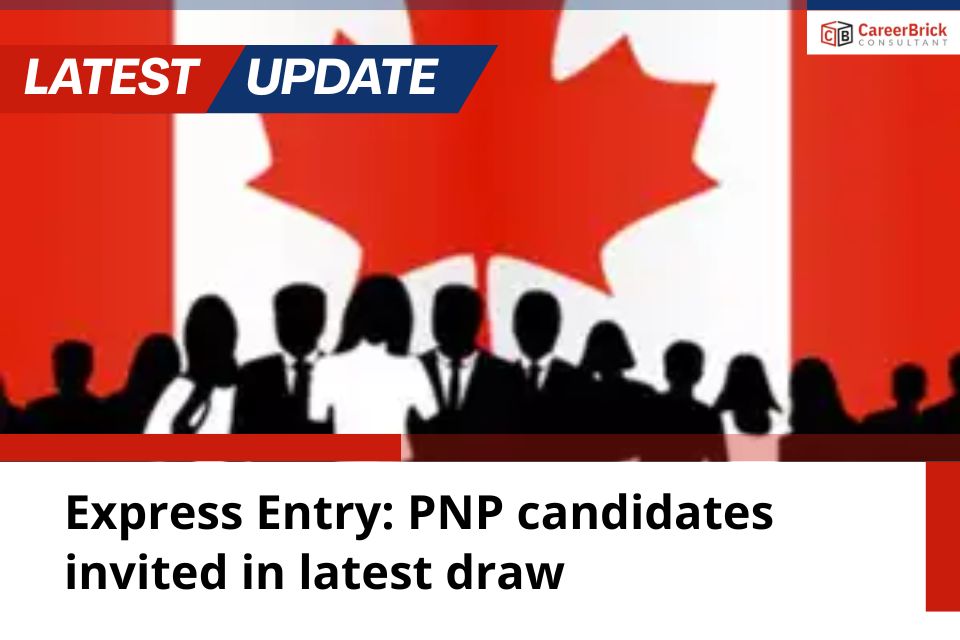The Manitoba Provincial Nominee Program (MPNP) has successfully obtained an increase in its immigration nomination allocation for the year 2025, a development that strengthens the province’s capacity to nominate more candidates for permanent residence.
Under the new arrangement, Manitoba has gained an additional 1,489 nomination spots, bringing its total allocation for the year to 6,239 nominations. This is a significant step forward in the province’s immigration strategy, as it recovers approximately 65 % of its 2024 allocation of 9,500 spots.
What This Change Means for the MPNP
With the enhanced nomination quota, Manitoba is better positioned to support its labour-market and strategic goals for the coming months. Although the province has not publicly specified which streams will receive the added spots, the announcement clearly emphasises that the increase intends to bolster the MPNP’s ability to address regional skills shortages and meet employment demands across the province.
To put it in context:
| Year | Nomination Allocation | Percentage of 2024 Level |
| 2024 | 9,500 nominations | — |
| 2025 (initial allocation) | 4,750 nominations | Approx. 50% of 2024 |
| 2025 (adjusted) | 6,239 nominations | Approx. 65% of 2024 |
This table shows the trajectory of Manitoba’s nomination allocation: from a steep cut at the start of the year to a partial restoration in response to evolving immigration and labour needs.
Focused Streams & Strategic Recruitment
Throughout 2025, the MPNP has prioritised its Skilled Worker in Manitoba and Skilled Worker Overseas streams. These pathways enable Manitoba to nominate:
-
Candidates already working in Manitoba under temporary status, and
-
Overseas skilled workers who align with the province’s recruitment strategies and labour requirements.
A key feature of the skilled overseas route is its alignment with the federal Express Entry system. Candidates nominated through these enhanced streams often benefit from a faster transition to permanent residence, as their nomination adds significant leverage in federal processing.
The province’s strategy includes special strategic recruitment initiatives, which partner with local employers and communities to identify foreign nationals who possess the specific skills that Manitoba currently lacks. These initiatives help ensure both employers and shortlisted candidates have strong alignment with provincial economic priorities.
Broader Trends & Provincial Comparisons
Manitoba is not alone in this upward adjustment of provincial nomination allocations. A number of other Canadian provinces and territories have also seen increases in their quotas for 2025 after initial reductions at the start of the year. These cuts earlier in the year were part of a broader adjustment by the federal government to cut many PNP allocations, due to housing and affordability challenges. The increase for Manitoba signals both a correction and a renewed commitment to immigration as a key part of economic planning.
What This Means for Prospective Applicants
For individuals seeking to immigrate through Manitoba’s PNP, this increase represents renewed opportunity—but also reminds applicants that competition remains strong. Here are some practical take-aways:
-
Focus on eligibility: Given the tightened earlier allocation, ensuring your profile (education, work experience, language ability) aligns with the MPNP’s requirements remains crucial.
-
Employer engagement matters: Candidates with job offers or connections to employer-led recruitment initiatives stand in a stronger position.
-
Express Entry alignment is beneficial: If you have an Express Entry profile and are eligible for MPNP nomination, you may access an expedited path to Canadian permanent residence.
-
Actively monitor updates: Streams, priorities, and nomination criteria may shift as the province moves toward utilizing its full allocation—remaining prepared will give you an advantage.
In Summary
Manitoba’s successful increase in its 2025 nomination allocation marks a decisive moment in its immigration efforts. By raising its quota to 6,239 nominations, the province is reaffirming its commitment to attracting skilled workers who align with its regional and economic objectives. For prospective immigrants, this development opens more pathways—but the importance of readiness, eligibility, and alignment with provincial needs cannot be overstated.
As Manitoba moves toward the end of 2025, candidates with strong credentials, strategic recruitment ties, and readiness to settle in Manitoba stand to benefit most from this expanded nomination capacity.
